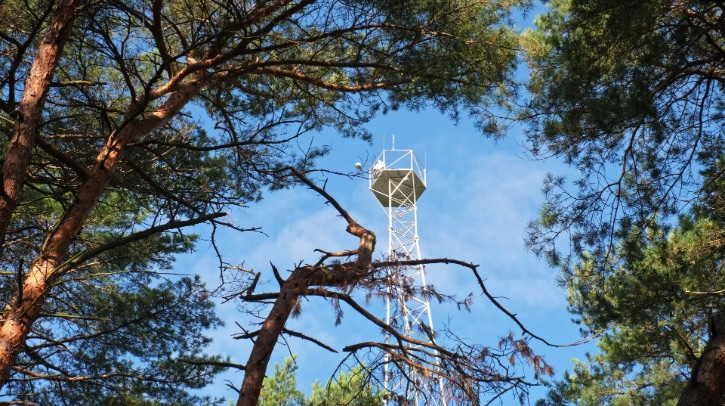The UNDRR’s and WMO’s Global Observatory for Early Warning System Investments has revealed that 54% of the early warning system (EWS) funding reported national projects is concentrated in five countries.
The observatory also found that 75% of reported financing is reported through loans and credits and 25% in grants, and that significant funding gaps exist, particularly in small island developing states (SIDS), least developed countries (LDCs), and land-locked developing countries (LLDCs).
Global Observatory for Early Warning System Investments
To address the challenge of fragmented financing for these vital systems, the United Nations Office for Disaster Risk Reduction (UNDRR) and the World Meteorological Organization (WMO) launched the Global Observatory for Early Warning System Investments in December 2024 to systematically tag and track such investments.
Key features of the observatory include: disaggregated tracking and tagging of EWS-related investments across regions and sectors; identification of funding gaps and potential areas for collaboration; and AI-assisted analysis for improved investment tracking and visualization.
The observatory platform was founded to address a need identified by the Early Warnings for All (EW4All) Advisory Panel for a comprehensive understanding of EWS financing. The observatory provides an overview of current funding flows from nine key financing institutions, helping stakeholders identify gaps, avoid duplication and ensure that resources reach communities most at risk.
This platform is intended to empower governments, financial institutions, inter-governmental organizations and civil society entities to identify funding gaps and make informed resource decisions, supporting the UN Secretary-General’s push for global coverage by early warning systems by 2027.
Looking ahead
The observatory will focus on deepening collaboration with international finance institutions and leveraging artificial intelligence (AI) to enhance its analytical capabilities. This development will enable more precise categorization of EWS funding and support evidence-based decision making for future investments.
In related news, a US$14m SOFF project and weather balloon recently launched in Tanzania. Click here to read the full story.



